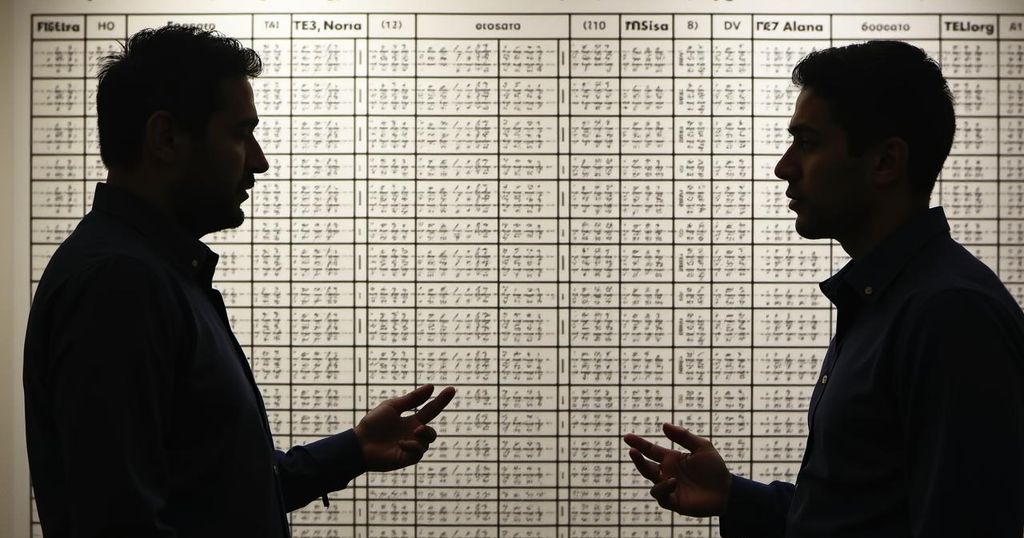Independent election experts from the Carter Center have endorsed tally sheets claimed by Venezuela’s opposition to substantiate allegations of President Nicolás Maduro’s electoral defeat. During a session with the Organization of American States, it was revealed that the electronic voting system provided a reliable paper trail, supporting the opposition’s collected data, while the government continues to dispute these claims.
An independent cohort of election professionals has endorsed the tally sheets provided by the opposition, reinforcing claims that President Nicolás Maduro lost the recent presidential election in Venezuela. The experts, associated with the Carter Center based in the United States, communicated this validation to the Organization of American States during a recent convened session meant to address the ongoing electoral dispute in Venezuela. The Carter Center was one of the two independent organizations permitted by the Maduro government to oversee the election that took place on July 28, for which the electoral authorities announced, without substantiation, that Maduro emerged victorious. The dispute revolves around thousands of tally sheets, known as actas, which have long been considered the definitive evidence of election outcomes in Venezuela. In the July 28 election, the approximately 30,000 electronic voting machines produced multiple copies of these sheets, which representatives from various political parties were entitled to collect when transmitting results to the National Electoral Council (CNE). Although electoral authorities loyal to the ruling party declared Maduro the winner shortly after the polls closed, they failed to provide breakdowns by individual voting machines, diverging from their practice in earlier elections. Authorities attributed their inability to release this detailed information to purported hacking of their official website. In contrast, the opposition coalition successfully acquired and subsequently published online the tally sheets from over 80% of the voting machines, leading the government to assert that these records were fraudulent and to initiate investigations against key opposition figures, including Edmundo González. During the session, Jennie Lincoln, who spearheaded the Carter Center’s mission, highlighted, “The voting system is electronic, but it offers a paper trail – proof of what the electronic machine reports – and that is what was collected by tens of thousands of poll watchers, not just from the opposition, but also from the government party, the PSUV, that also has the same information.” While she refrained from declaring Gonzalez the winner, she emphasized that such determinations are the prerogative of electoral authorities. Additionally, she mentioned that the Carter Center had received the tally sheets through international mail but did not disclose the sender’s identity.
The political landscape in Venezuela has been characterized by contention, particularly surrounding the outcomes of presidential elections. The most recent election took place on July 28 and was marred by allegations of irregularities and disputes over vote tallies. The Venezuelan electoral authority, perceived to be aligned with the Maduro administration, announced results favoring Maduro without providing detailed breakdowns, which has deepened the mistrust among political factions and the international community. Independent observers such as the Carter Center play a significant role in verifying the integrity of electoral processes. Their assessment impacts the credibility of the results and further complicates international relations, especially with countries advocating for democratic practices in Venezuela.
In summary, independent election experts have validated the opposition’s tally sheets as indicative of a Maduro defeat in the recent Venezuelan presidential elections, despite the government’s quick declaration of victory. The legitimacy of electronic voting combined with the physical paper trail is critical in corroborating or contesting election results. This ongoing dispute raises fundamental questions about electoral integrity in Venezuela and highlights the significance of international scrutiny in upholding democratic practices.
Original Source: apnews.com






